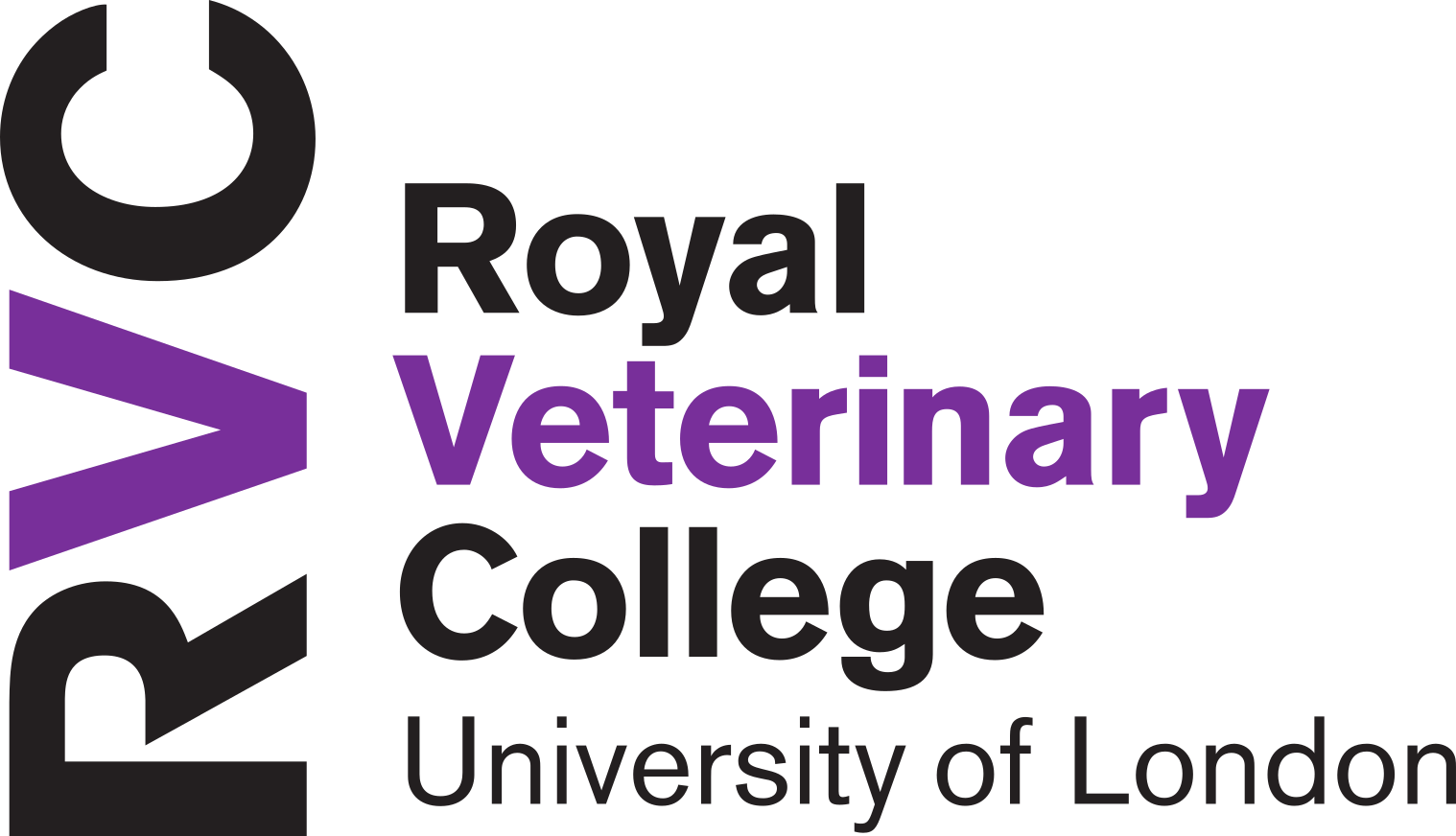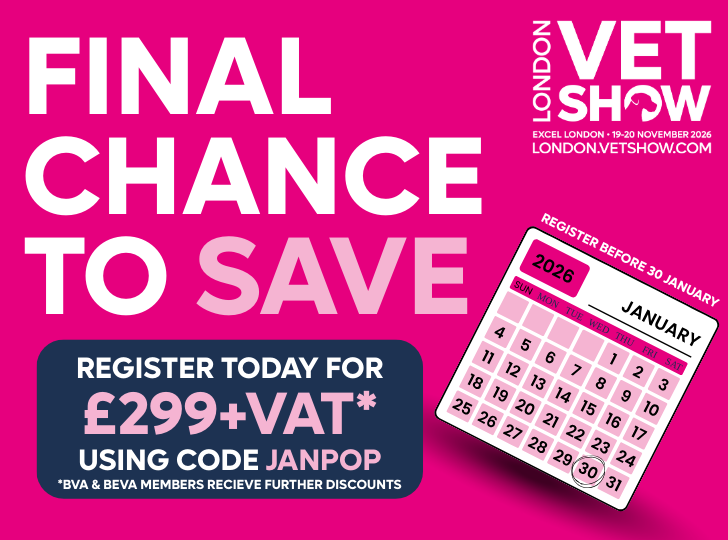Personal Finance Jargon-Busting for Wary Vets
)
By Dr Alice Barker BVSc MRCVS
People shy away from digging into their personal finances for many reasons, but one extremely common one is not knowing the lingo. And yes, there is way too much finance jargon out there – I totally agree.
It's very easy to feel embarrassed when we don’t understand what bankers, financial advisors, or investors are talking about. Believe me, I’ve been there. Feeling defensive and shameful, muddling my way through a meeting with a Nationwide employee, not really knowing exactly what I was deciding for my money at all.
And we’re highly educated and intelligent members of society, it feels bad to not know this stuff when it’s so integral to our lives.
If we flipped the story and thought about if we expected the pet owners we’re dealing with every day to know about the endocrine system or how bladder stones form – that would be ridiculous, they’ve never been taught it!
And we’ve never been taught about personal finance and investing either. So stop feeling embarrassed, don’t be scared by the jargon, and become that vigilant pet owner who decides to read up on everything they can about their animal’s disease.
Let’s start off with some easy ones:
ISA
An ISA is a type of savings account that stands for Individual Savings Account. The main difference between ISA’s and other savings accounts is that they allow you to accrue interest tax-free. There are a few different types of ISAs out there that you might want to use:
- Cash ISA
- Stocks and Shares ISA
- Lifetime ISA
There is an ISA allowance of £20,000 per year which can be split between them if you have a few different types. For example, I could put £6,000 into a cash ISA and then £14,000 into a stocks and shares ISA within one tax year. Once the new tax year starts, your allowance starts over.
Emergency Fund
A savings fund that amounts to 3-6 months’ worth of your monthly necessary expenses. This should be kept to one side in an accessible (ideally high interest) savings account for… emergencies! It might be you lose your job, your car breaks down or your fridge suddenly packs it in. Having an emergency fund means you don’t need to be scared about what’s around the corner financially. More about how to set up an emergency fund in my blog here.
Stocks and Shares
A type of investment that represents a small stake in a company. When you buy shares in a company, you become a part-owner of that company. The terminology stocks and can be used pretty much interchangeably with shares.
Bonds
A type of investment. A bond is a loan made to organisations or governments. When you invest money in bonds, you’re lending your capital (money) to them. In return, the organisation pays you interest (aka the ‘coupon’) and then gives back the capital once the loan term has ended. Bonds are usually a low-risk type of investment as your money is promised back to you at the end of the loan term.
Funds
A collective of hundreds or thousands of different company stocks and assets bought with pooled investors’ money. The investor owns a small slice of many companies all in one go. The perfect way to invest without putting all your eggs in one basket and spreading the risk. If one company isn’t doing so well, this can be balanced out by another company in the fund doing better.
Compound Interest
This is when you earn interest on the interest you’ve already earned. For example, if you have £100 in a savings account paying 10% a year, after one year you will earn £10, leaving a balance of £110. In the second year, you will earn £11 in interest as you are earning interest on the first year’s interest as well as the original amount (ii.co.uk).
Commonly known as the snowball effect, compound interest is what helps invested money grow much quicker than savings kept as cash. It also has an even bigger effect when allowed to work for longer.
Portfolio
The range of financial assets you own. This may include stocks and shares, bonds, funds, crypto but also things like property investments and cash.
FTSE 100 Index
The FTSE 100 Index (pronounced “Footsie 100”) is the list of the largest 100 companies in the UK trading on the London Stock Exchange. You can invest in funds that include all 100 companies in the FTSE 100. Some companies you may recognise in FTSE 100 are AstraZeneca, Shell, HSBC, and Experion.
S&P 500
Similarly to the FTSE 100, the S&P 500 is the 500 largest companies trading in the US. S&P stands for Standard and Poor and this index can be used as a benchmark for how the US stock market is doing overall. Some companies currently listed in the S&P 500 include Apple, Microsoft, Tesla and Amazon.
Conclusion
Some of these might seem familiar, and some of them you might have read or heard in the news but never properly understood what they’re talking about so this might help you!
Remember it’s ok to not know what it all means – if you never got taught it at school, there’s no need to feel embarrassed, no matter how many years you’ve studied at vet school or how many cert’s you’ve completed.
There’s lots more easy-to-digest personal finance information over on my blog at Thisvetcan.co.uk, or on my Instagram page @thisvetcan_blog if you want to find out more!





